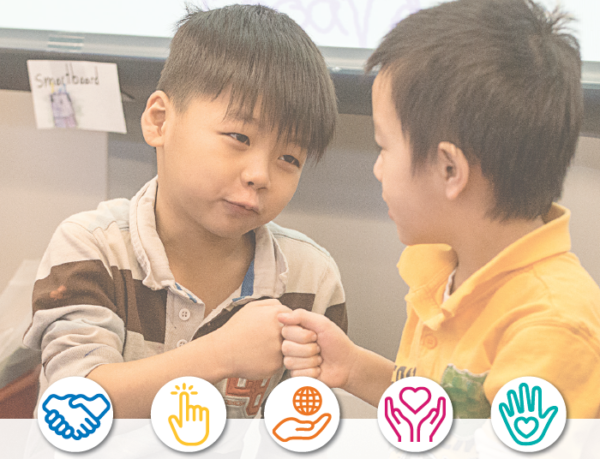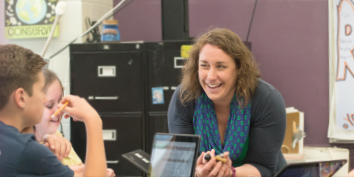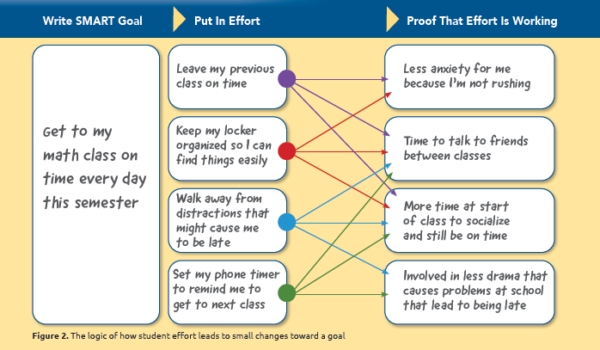Social & Emotional Competence
Contributing Editor: Dr. Herb Turner, Principal Scientist at CRS
As you begin reading, you will embark on a journey with us as we explore the role of social and emotional learning and its potential impact on the lives of students and educators in the US and around the world. While you see the significance on a daily basis, it is important to acknowledge that the growing role and impact of social and emotional learning (SEL) on student success has accelerated beyond what even the originators of the term envisioned when they first coined it in 1994 (Weissberg et al., 2015).
With this in mind, our first issue focuses on social and emotional competence: the principles of how to explicitly teach it, the conditions needed to develop it in students, and the potential benefits based on the research. And, while the growing body of SEL research clearly converges to the conclusion that SEL benefits students, we present our exploratory research on how using an SEL approach to teaching can benefit teachers too.
Through this journey we’re about to embark on, we’ll deepen and expand our shared passion and commitment, informed by research, that builds the social and emotional competence of students so they can be successful in learning, play, work, and life.
Articles in this Issue

Teacher Beliefs as an Influencer for Social & Emotional Learning
Teachers are the centerpiece of every effort to improve student learning, and this is no less true when it comes to the implementation of social and emotional approaches and curriculum.…

Building Social & Emotional Competence
One can find, in almost every school (or district) mission statement, an intention to prepare students for citizenship and success in their everyday life experiences. This means that the school…

Using an SEL Approach to Teaching Benefits Teachers Too
Many new teachers enter the profession with lofty aspirations for helping students develop a love for learning and many experienced teachers remain in the profession with noble ambitions to deliver…

Help Your Middle School Students Set Goals
There exists a faulty assumption that with adolescence come the skills for self-control (Schunk & Zimmerman, 1997). This assumption may prevent middle school students from receiving the time, tools, resources,…

How Students Become Socially and Emotionally Competent
Research in and outside of education continues to show that students who are socially and emotionally competent perform better in the classroom, get along better with peers, and are more…
